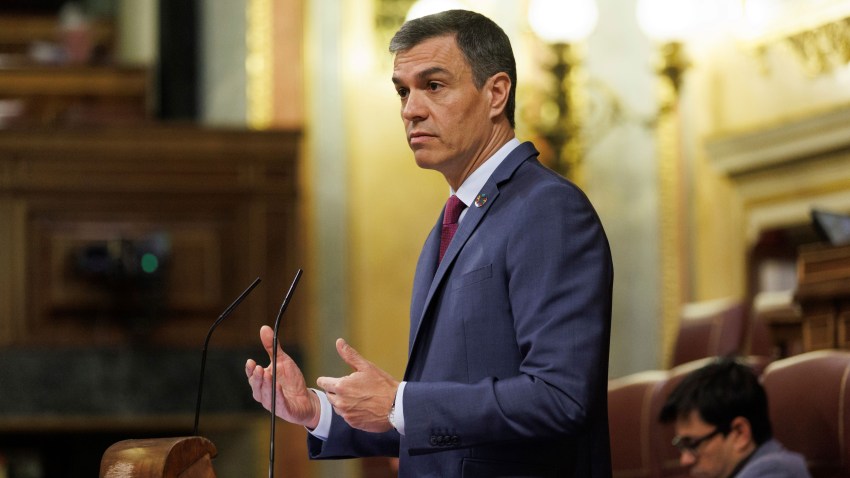Spain’s landmark law on sexual crime, which came into effect last October, made explicit consent—or the lack thereof—the benchmark for determining guilt in rape cases. The law was intended to put the onus on the accused in cases where the victim, for whatever reason, does not physically or verbally resist. But in practice, the law had an unintended consequence: The sentences for hundreds of convicted sex offenders were reduced on appeal.
After months of public outrage and infighting within his leftist governing coalition, Prime Minister Pedro Sanchez finally made a public apology in April and then worked with the opposition Popular Party to pass necessary reforms to the law. But he did so amid protests from the junior partner in his governing coalition, Podemos, which had spearheaded the law in the first place.
“Only Yes Means Yes,” as the law is commonly known, was written in the wake of public outcry over an infamous preplanned attack carried out in 2016, in which five men gang-raped an 18-year-old woman in Pamplona during the legendary San Fermin festival. The attack became known as the Manada, or Wolfpack Case, after the name of the WhatsApp group the men used to make plans to rape women. The assault, which they recorded, shocked the nation and the world, with the video showing a young woman who was frozen and unresponsive, whether out of shock or fear, or because she was heeding advice women are often given to not fight back.

